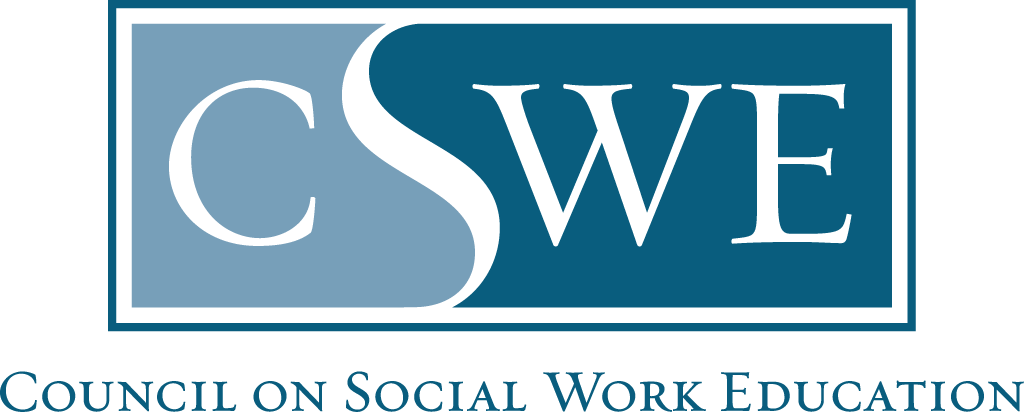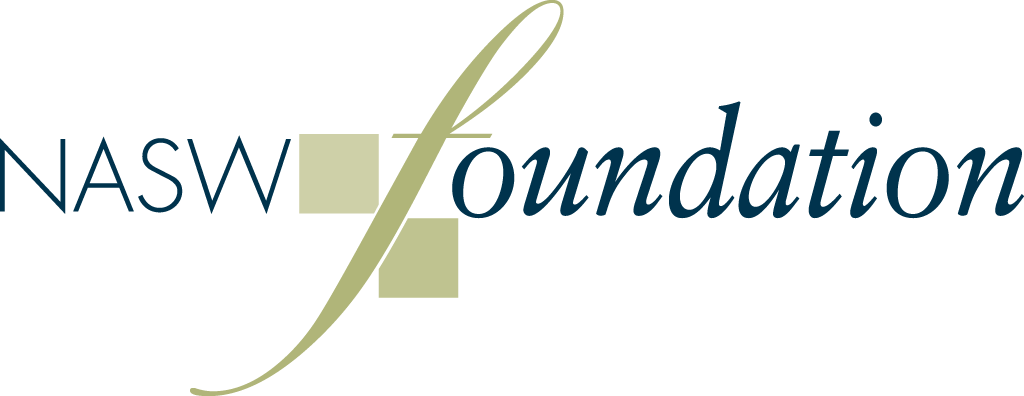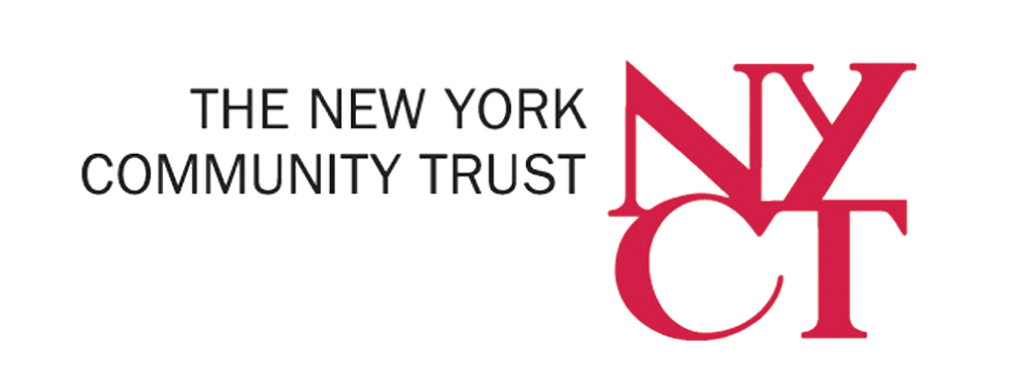
Social Work Heals
- Registration Closed
Social Work Heals
-
Interprofessional Practice and Training
Presenters:
Barbara Jones, PhD
Josleen and Frances Lockhart Memorial Professor for Direct Practice in Social Work, Co-director of the Institute for Collaborative Health Research and Practice
Steven Hicks School of Social Work
University of Texas at Austin
Chair, Department of Health Social Work
Dell Medical School
University of Texas at AustinDede Sparks, LMSW
Assistant Dean for Health Affairs, Clinical Associate Professor
Steven Hicks School of Social Work
University of Texas at Austin
Social Work HEALS Program DirectorThe Department of Health Social Work at Dell Medical School is the first of its kind in the nation providing an academic home for health social workers. This joint venture was a result of years of collaborative interprofessional engagement between the Steve Hicks School of Social Work and the Dell Medical School at the University of Texas at Austin. Presenters will discuss the creation of this department, the opportunities and challenges of having a department of social work in a medical school, initial outcomes and current programs. Strong social work leadership in healthcare administration and practice provides a supportive foundation for social workers to effectively address structural inequalities and discrimination in the healthcare system, the practice arena and within the profession of social work. The Department offers opportunities for both the Steve Hicks School of Social Work and Dell Medical School, including research collaboration, professional development, and student internships.
-
Emerging Leadership Challenges in Healthcare
Presenter:
Jennifer Broaddus, MSW, LCSW-C
Director of Population Health & Care Management
Saint Agnes Health Institute
Social Work HEALS Field InstructorThe COVID-19 pandemic transformed the health care landscape and delivery of health services. To rapidly adapt to this new environment, health systems required responsive, insightful social work leadership. This presentation will highlight social work leadership in a multi-site health system and the innovative approaches used to meet the emerging challenges of patients, providers, and community members. The session will describe the organization’s commitment to identifying and meeting the social needs of patients by connecting individuals to fresh food, addressing social isolation, and other efforts. Initiatives also include supporting front-line social workers and health care providers during this unprecedented time.
-
Telehealth is Transformative
Presenters:
Gretchen Gates, LICSW
Owner & Consultant, Enso Integrated HealthAl Guida, Jr., JD
President & CEO
Guide Consulting ServicesThe COVID-19 pandemic accelerated the uptake of telehealth seemingly overnight and transformed the delivery of behavioral health care. This transformation enabled the provision of essential services to a broad array of populations – many of whom had never accessed behavioral health-related care before. Telehealth has been shown to be an effective modality for providing therapeutic services, and in addressing persistent access-related challenges such as provider shortages, geographic barriers to care, and specialty gaps. This session will discuss the relevant policy, compliance, and practice dimensions of telehealth and the enduring impact that this technological paradigm shift will continue to have on the delivery of behavioral health care.
-
Social Work Heals- Welcome & Plenary Session: Best Practices for Training Health Social Work Leaders
WELCOME – DAY TWO
Mildred C. “Mit” Joyner, DPS, MSW, LCSW
President of National Association of Social Workers (NASW)
President of IFSW-North American Region
President and CEO MCJ Consultants
Inaugural John E. & Barbara S. Jacob Distinguished ProfessorPARTICIPANT ENGAGEMENT
Raffaele Vitelli, CAE
Vice President, Professional Education and Product Development
National Association of Social WorkersPLENARY SESSION
Best Practices for Training Health Social Work LeadersPresenters:
Derrick Freeman, PhD EdD, ACSW
Assistant Professor
Southern University of New Orleans
Millie M. Charles School of Social Work
Social Work HEALS Program DirectorJanet Liechty, PhD, MSW
Associate Professor, School of Social Work
University of Illinois Urbana-Champaign
Social Work HEALS Program DirectorJessica H. Retrum, PhD, MSSW
Chair, Associate Professor
Metropolitan State University of Denver
Social Work HEALS Program Director
Tracy Wharton PhD, LCSW
Principal Research Scientist
National Network of Public Health Institutes (NNPHI)
Social Work HEALS Program Director
Former Faculty Member, University of Central FloridaPatrice Sentino, Ed.D, DSW, LCSW-BACS, ACSW
Assistant Professor
Southern University at New Orleans
School of Social WorkThe need for health care social workers is projected to grow over the next decade, and the next generation of leaders require the right training and preparation to be successful. Social workers serve a critical role in delivering health services, helping people access care, reducing health disparities, and advocating for policy innovations. In this presentation, faculty from the Social Work Healthcare Education and Leadership Scholars (HEALS) program will share best practices for training emerging leaders and seasoned professionals in practice and educational settings. They will provide examples and recommendations for training opportunities that address working in teams, health equity, leadership, integrated behavioral health, and advocacy.
-
Community Mental Health and Youth: Cultivating Resilience and Regulation in the Midst of Ongoing Uncertainty
Presenter:
Courtney Tucker, PhD, MSW
Associate Director
Business and Partnership Development
Brookline Center for Community Mental Health
NASW Foundation Verne Lyons/Social Work HEALS ScholarFor youth and the adults that support them, the past 18 plus months have been filled with constant change and ongoing uncertainty. These changes have come as a result of disconnect from a loss of people, places, activities, identities, rituals and/or routines that have grounded and stabilized one's day-to-day, pre-pandemic life. As 2021 comes to a close, it is clear that we will continue to confront the unknown and deal with uncertainty, which will challenge everyone’s sense of stability, predictability and concomitant feelings of efficacy and capacity to grow. This session will explore how and why helping youth and adults establish a rhythm is important and can provide an anchor for connection, self-care, empowerment, and agency going forward.
-
Social Work Advocacy and Health
Presenters:
Anna Mangum, MSW, MPH
Deputy Director, Programs
National Association of Social WorkersSarah Christa Butts, MSW
Director, Public Policy
National Association of Social Workers -
Making the Case for Integrated Care
Presenters:
Monica Williams Harrison, MSW, LCSW
Consultant
Northfield, CTJasmine Williams, MSW, LCSW
Lead Behavioral Health Clinician
Tim & Carolyn Rice Center for Child and Adolescent HealthDespite mounting evidence showing the interplay between physical and mental health, the nation’s healthcare delivery system continues to silo and separate, not integrate, these dimensions of overall health. This results in fragmented care, untreated mental health and substance use concerns, increased utilization of emergency room services, and increases in the overall cost of healthcare. This session will provide attendees with research and practice-based information and insights on how social worker-engaged and led integrated care models improve outcomes.
-
Social Workers: Leaders in Addressing Climate Change
Presenters:
Lisa Reyes Mason, PhD, MSW
Associate Professor
University of Denver Graduate School of Social WorkMeighen Speiser
Executive Director
ecoAmericaThe effects of climate change are evident in both the disasters prompted by extreme weather and in adverse health and mental health impacts on individuals and society. Climate change disproportionately harms vulnerable and marginalized people and communities resulting in a disparate increase in prevalence of both acute and chronic health and behavioral health conditions. This session will explore the connection between climate change, health and mental health and highlight the important roles that social workers can play in climate justice and resilience efforts.




